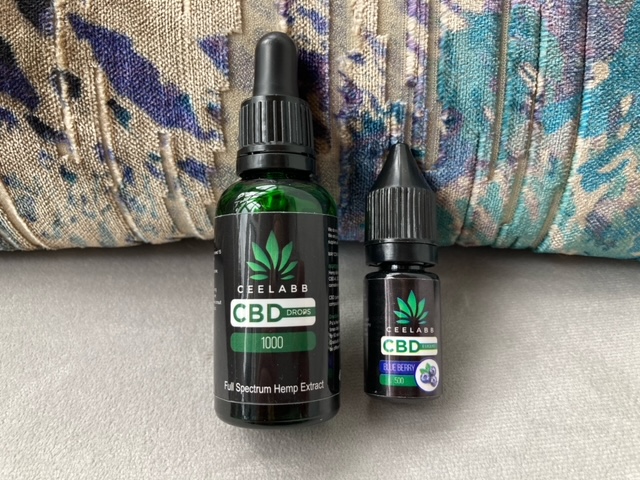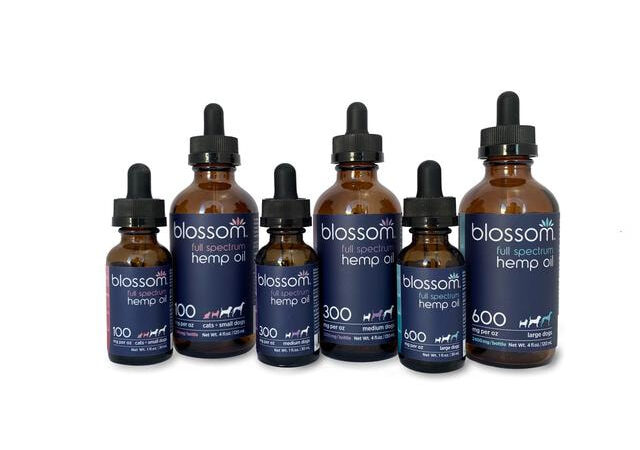You are undergoing cancer treatment and looking for concrete information on dietary supplements (vitamins, plants, herbs…)? This guide will provide you with information on the 20 most frequently used supplements as well as the precautions, advantages, and disadvantages related to their use.
Before using food supplements, we strongly advise you to carefully read the essential information related to their use. You can also download a summary table of food supplements illustrating their dual status of friend and foe.
How to use the application
Search based on a supplement:
Make your choice in the drop-down menu “Select a supplement”.
The complete information sheet for your choice will appear below the drop-down menu.
Search based on treatment:
- Make your choice from the “Select a treatment” drop-down menu.
- Under the drop-down menu, you will see a list of all supplements that may interfere, positively or negatively, with the selected treatment.
- You can then click on a supplement to get a complete information sheet about it.

This oil is extracted from hemp, a plant that contains more than five hundred chemical substances of which a few hundred – called cannabinoids – are unique to it. Three important cannabinoids are presented below:
THC (delta-9-tetrahydrocannabinol) is the most psychoactive cannabinoid. It is the euphoric substance that makes you “high”.
CBD (cannabidiol) is not euphoric. Contrary to THC, it would have a soothing, analgesic, and antipsychotic action.
The CBN (cannabinol) is found especially in old plants or preserved in bad conditions. It is a slightly psychoactive substance whose action is mainly soothing (1).
Different products containing hemp derivatives exist on the market. We detail some of them below:
Hemp oil is a hemp-based product that is extracted using organic solvents such as ethyl alcohol and petroleum ether. Because production often takes place in a non-professional setting, there is little or no control over the content of the product. It is therefore impossible to know with certainty what the THC and CBD content of the resulting oil is.
Pure CBD oil does not contain any trace of THC and therefore does not give you a “high”. However, there are homemade CBD oils and other products available on the Internet that contain THC, the composition of which has not been established and which may therefore also be contaminated by pesticides, heavy metals, or other harmful substances (1).
Sativex® is currently the only cannabinoid-containing drug authorized in Belgium. It contains a controlled amount of THC and CBD. This drug is used in the treatment of moderate to severe spasticity caused by multiple sclerosis (MS) (4). Sativex® is also being tested in the treatment of pain in oncology. The studies that should lead to the granting of this indication are still in progress (4).
Situations related to cancer treatments
Some laboratory studies show that cannabinoids could block the proliferation of cancer cells or disrupt tumor neovascularization (2). However, no human study has proven that cannabinoids can stop tumor growth. There is therefore no evidence that cannabinoids can treat or cure cancer (2,3).
However, some hemp derivatives can be used to relieve certain symptoms, such as pain (2,3). They may also reduce nausea and vomiting induced by radiotherapy or chemotherapy, or secondary to the most advanced cancers (2,3). Hemp derivatives have not been proven to be more effective than other better-known therapies targeting the same symptoms.
Their beneficial effect in combating inappetence and other symptoms such as cachexia (loss of weight and muscle mass) is still uncertain (2).
Possible negative effects on cancer treatments
Some cannabinoids would influence the functioning of enzymes (Cyt P450 3A4) necessary for the metabolization of certain substances used in the treatment of cancer (2,3) (see “Interactions with other drugs and food supplements”). Find out more information on CBD oils at this link.

